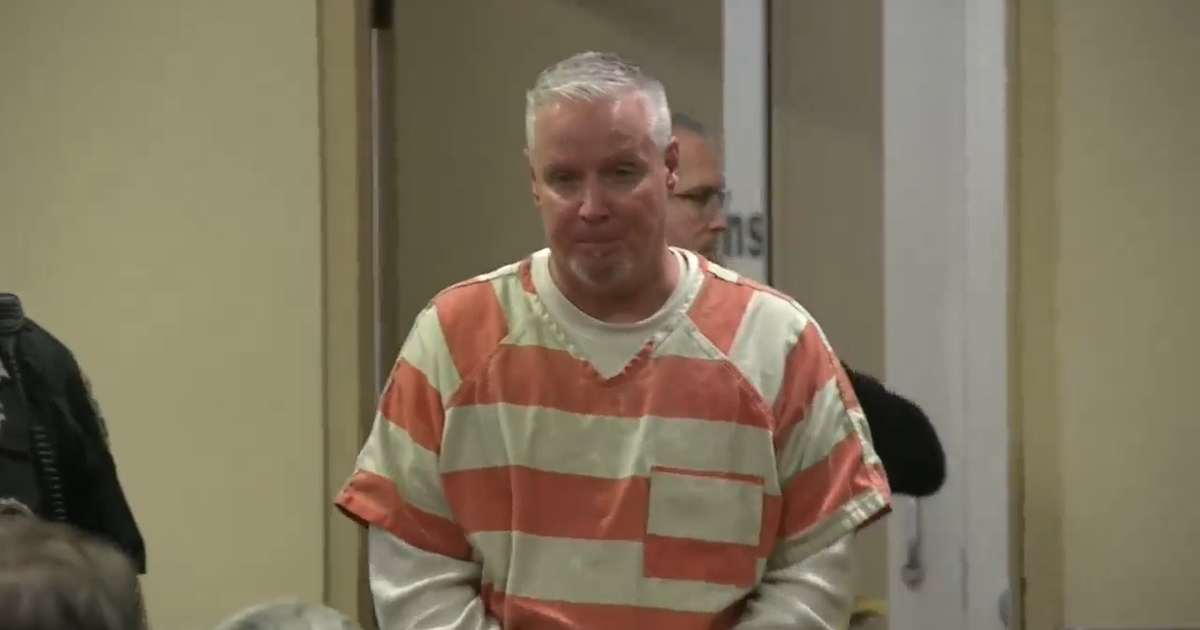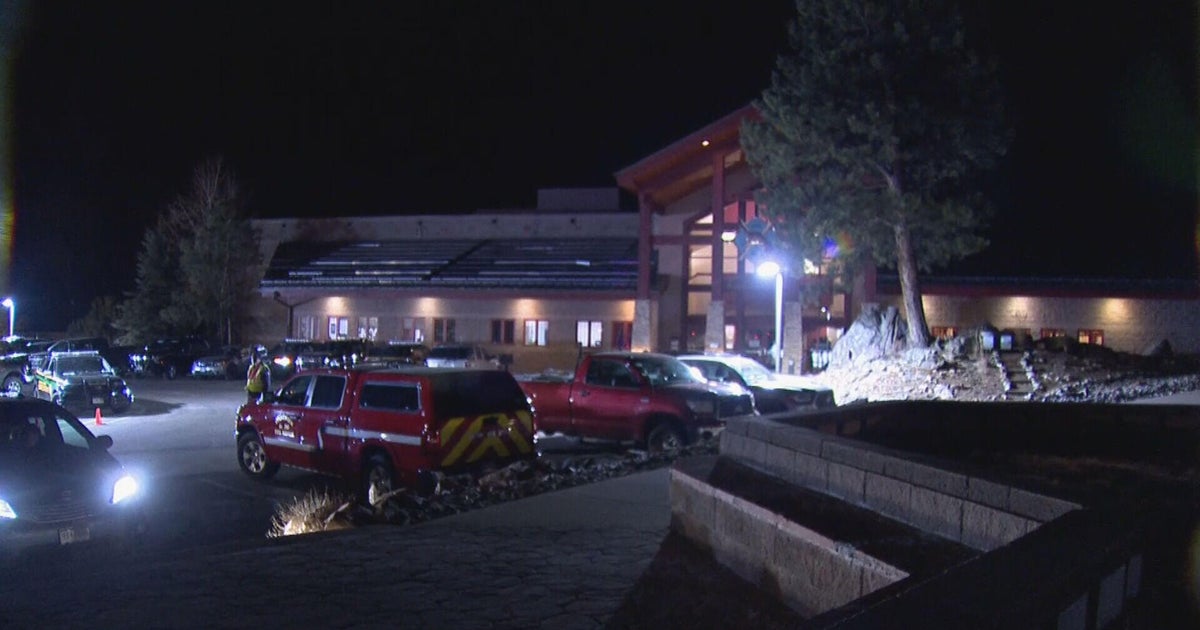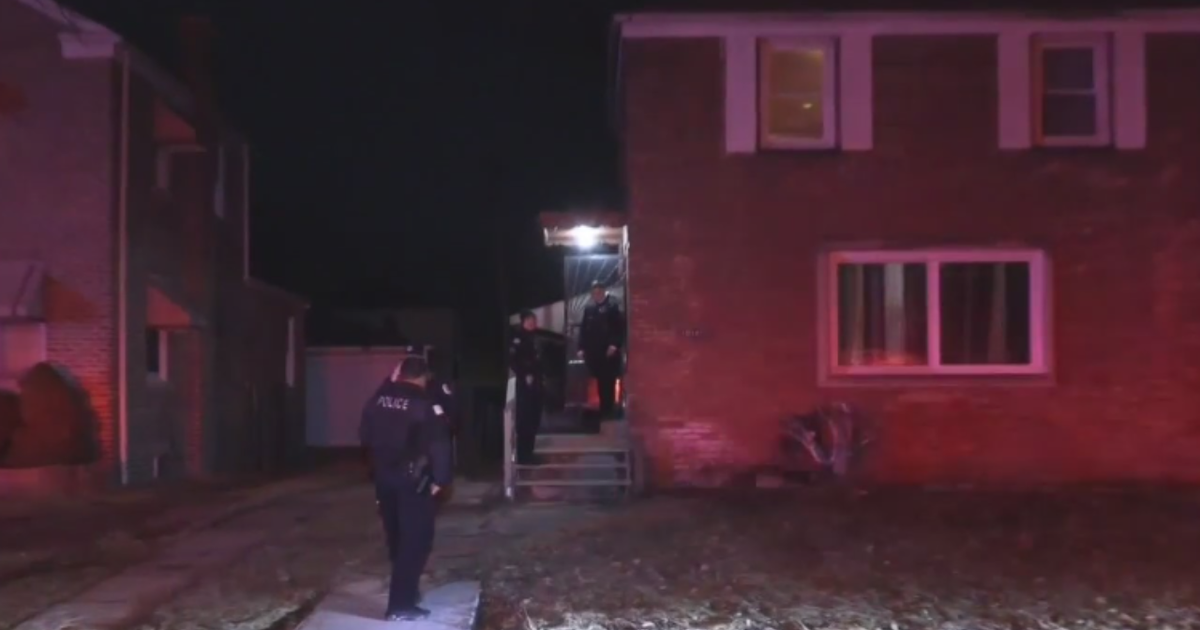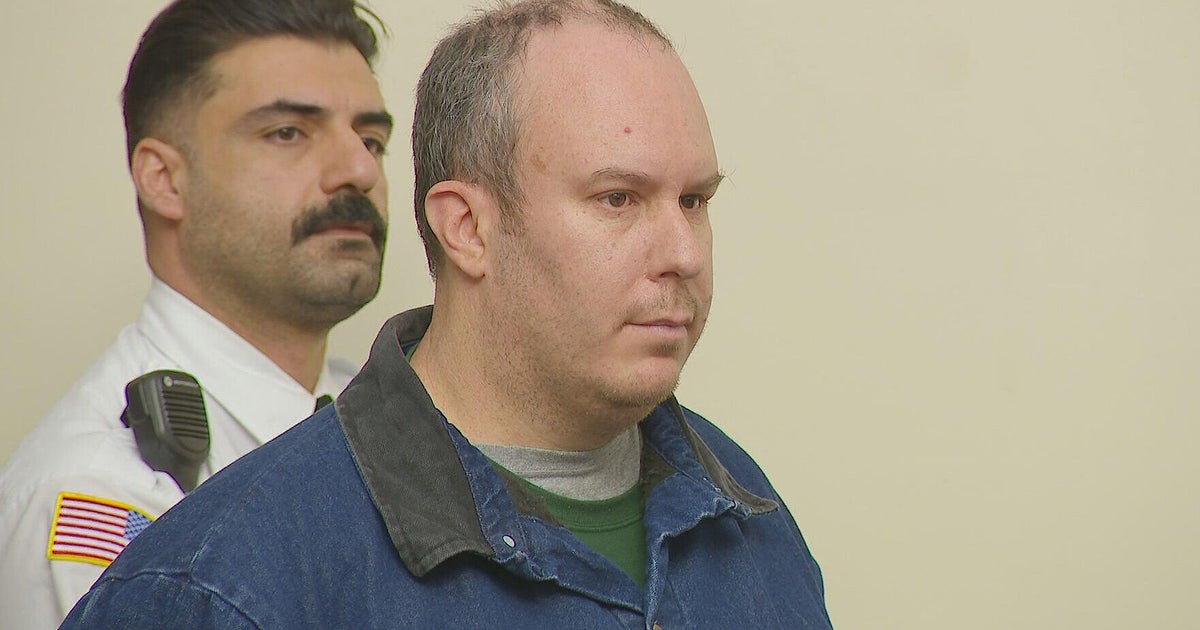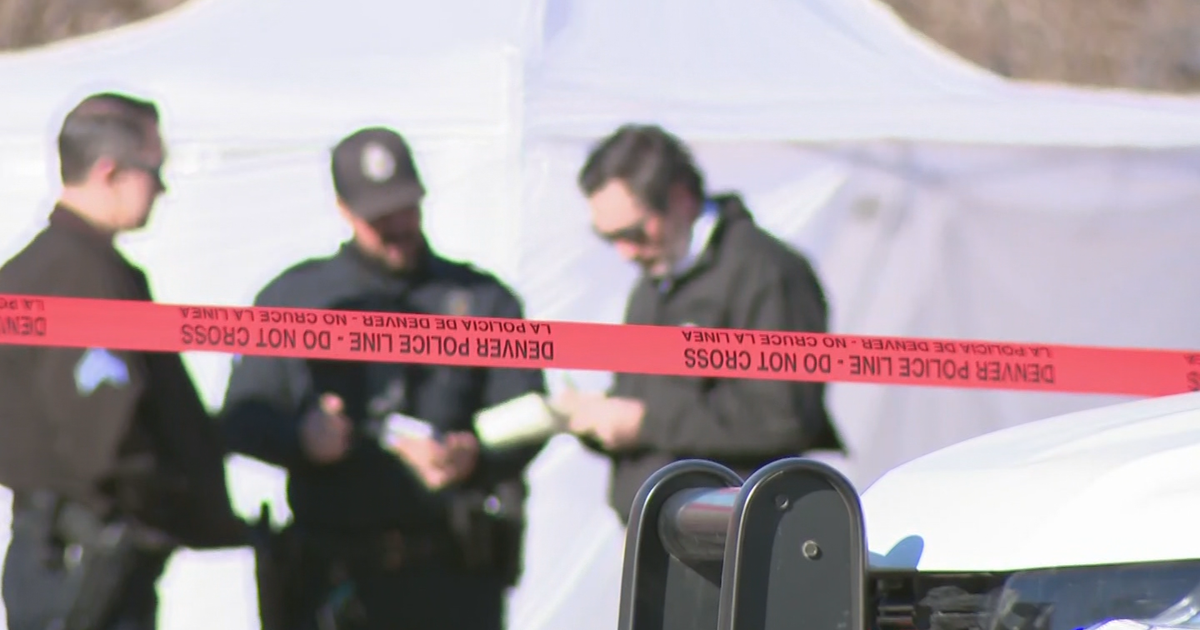Two sides focused on central issue of gunman's mental health in Pittsburgh Synagogue shooting trial
PITTSBURGH (KDKA) — The trial of the Pittsburgh synagogue gunman is coming to a close, and in its final hours the two sides are focused on the central issue of Robert Bowers' mental health and whether he should face the death penalty.
The prosecution says he was driven by pure hate and should face the ultimate punishment. The defense maintains his life should be spared because he was in the throes of mental illness and delusion when he attacked the synagogue in 2018.
The gunman has shown no remorse for his actions. In fact, he told others he wished he had killed more people, believing he is a saint and a martyr who did the work of God by killing Jews whom he believed were possessed by Satan.
"He has no remorse and is unable to express remorse, because the delusions are still there, that he is saving lives, that he is living the life of a saint or a martyr and what he did wasn't wrong," said Dr. George Corvin, a defense psychiatrist.
That was the testimony Friday of Corvin, who said the gunman acted out of bizarre and delusional beliefs that Satan-controlled Jews were bringing immigrant invaders into the U.S. and other countries to kill white Christians.
He said the gunman told him the attack on the synagogue was "an unfortunate but unavoidable act" in a war predicted in the end times in the Book of Revelation and he was trying to stave off the destruction of humanity.
"He said, 'If there was a non-violent way, he would have used non-violence, but the end days must happen. The tribulation must happen. He didn't want to do this. He had to do this. How can I turn my back on God?'"
Corvin's testimony is at the heart of the defense case that the gunman is schizophrenic and driven by insane delusions when he planned and executed the attack, and remains delusional to this day.
United States Attorney Eric Olshan quoted other prosecution witnesses who challenged this, saying delusions must be generated from a person's own brain and that the gunman simply latched on to beliefs, which though disgusting, are held by other white supremacists on the web platform Gab.
"Did you know that everything he believes was on Gab?" Olshan asked.
"There are things that are in scripture, and there are things that are on that awful website. The way he puts them together is schizophrenic," Corvin said.
Olshan continued to pick holes in the diagnosis of schizophrenia, pressing the government's case that the gunman is an intelligent person driven by hate who knowingly and methodically planned and executed the attack.
Corvin pointed to the jury and said: "It doesn't matter what I think. It matters what they think. It may not have to do with schizophrenia, but you don't want that brain. I don't want that brain."
The prosecution rested its case last week and the defense began calling witnesses to the stand. So far, they've focused on the family of the convicted gunman. Dr. Katherine Porterfield, an expert who is testifying about mental health issues, was on the stand Monday detailing the convicted gunman's troubled childhood.
The defense is trying to show why his life should be spared with the jury soon to decide whether he will spend the rest of his life in prison or if he will be sentenced to death.
Last month, Bowers was found guilty of all 63 federal charges in the attack when he shot and killed 11 worshippers from three different congregations, Tree of Life, Dor Hadash and New Light on Oct. 27, 2018. It was the deadliest antisemitic attack in U.S. history.
Recapping the defense's arguments
In their final push in the penalty phase, the defense is trying to convince the jury that the convicted gunman should be spared the death penalty because of mental illness.
They have called Dr. Katherine Porterfield, a psychologist and trauma expert, to the stand. She testified that the convicted gunman's actions stem from a family history of mental illness and abuse at the hands of his parents.
The suspect's father, she said, was violent and committed suicide. And she called the suspect's mother, Barbara Bolt, a lifelong depressive who physically and mentally abused the suspect as a child. Porterfield interviewed Bolt, who bizarrely admitted to showing the child how to sexually pleasure himself and cutting herself in front of him.
"I was a terrible mom. I did horrible things," Porterfield quoted Bolt as saying. "I should do half the sentence. He was provoked into things."
Porterfield said the suspect's childhood environment, combined with a long family history of depression, resulted in him being suicidal at the age of 10 and repeated suicide attempts throughout his teen years. As an adult, she said he became a loner without true friends.
"He's had a very impoverished social life, a very damaged sense of self and suicidality stemming from self-hatred," she said.
But under cross-examination, Porterfield — who never personally interviewed the suspect — conceded she did not include the defendant's own statements denying the suicide attempts and that he has not been suicidal as an adult.
Prosecutors also brought to light that the suspect had reconciled with his mother, had been a responsible employee at a local bakery and kept a tidy apartment as signs that he had adjusted.
The jury also heard from witnesses who knew the suspect as a child.
Dennis Kavanaugh, the suspect's fifth-grade teacher, said during a timed math quiz, the suspect "became anxious, shaking and shouting. I was surprised because he was pretty good at math, but I had to stop the class."
Later, Kavanaugh heard the suspect had tried to harm himself and maybe tried to kill himself, but when he put his hand on his shoulder and tried to counsel him, he said the suspect "made like he was spraying an aerosol can, getting the teacher cooties off his shoulder. I didn't know how to break through to him."
The convicted gunman's family member, Naomi Grimm, a first cousin to his mother, also took the stand.
Recapping victim impact statements
Last week, the prosecution called family members of the victims to the stand to give victim impact statements. The wife and son of victim Dan Stein took the stand; and then, Michele Rosenthal, the sister of victims David and Cecil Rosenthal, talked about her two younger brothers.
Andrea Wedner summed up the loss she feels as a pain in all the small moments when talking about her mother, Rose Mallinger. "I'm haunted by what happened to me and by what I saw and what I heard that day," she told the jury.
The jury also heard victim impact statements from Dan Leger, who dropped from 145 pounds on the day of the shooting down to 110 pounds in the hospital. He couldn't even speak, and said he wrote to his wife on a piece of paper "let me go" because he thought he'd never recover from his injuries.
The brother-in-law of Dr. Jerry Rabinowitz took the stand on Tuesday, stating how his brother-in-law just wanted to help people, which is why he got into family medicine, saying that he would even make house calls after hours.
He added that many people in the family have changed their professions since the deadly shooting took place to do things to more directly help people, like Dr. Rabinowitz did.
Michelle Weiss, the daughter of the slain couple Sylvan and Bernice Simon, said she spoke with her mother every day and was asked what life is like without her.
"I lost my best friend, my confidant, lost my most important people in my life in one day," she said. "It's very hard for me to go on. We don't have holidays anymore, nothing is the same."
Anthony Feinberg, the son of Joyce Feinberg, called his mother "the central cog" in his family who has left such a void.
In earlier testimony, Margaret Durachko, the wife of Richard Gottfried, was the first of more than 20 family members to take the stand during this phase of the trial and testified of how her whole life was turned upside down following the mass shooting at the synagogue.
Diane Rosenthal, the sister of Cecil and David Rosenthal, testified that when they were diagnosed early with fragile X syndrome, her parents insisted they be raised at home with her and her sister Michelle rather than be put in an institution. The boys, she said, were a gift with an infectious joy for life which they spread throughout the neighborhood.
Testifying on videotape, Cecil and David Rosenthal's mother said she thanks God for her sons and couldn't be more proud to be their mother but now they are gone.
Support is available for those in need during the trial
If you or someone you know is experiencing mental health effects from the trial, go to 1027healingpartnership.org to find help resources. As always, call 911 to report threats.
Phone: 412-697-3534
Email: info@1027HealingPartnership.org
Website: 1027healingpartnership.org
More resources can be found here.
